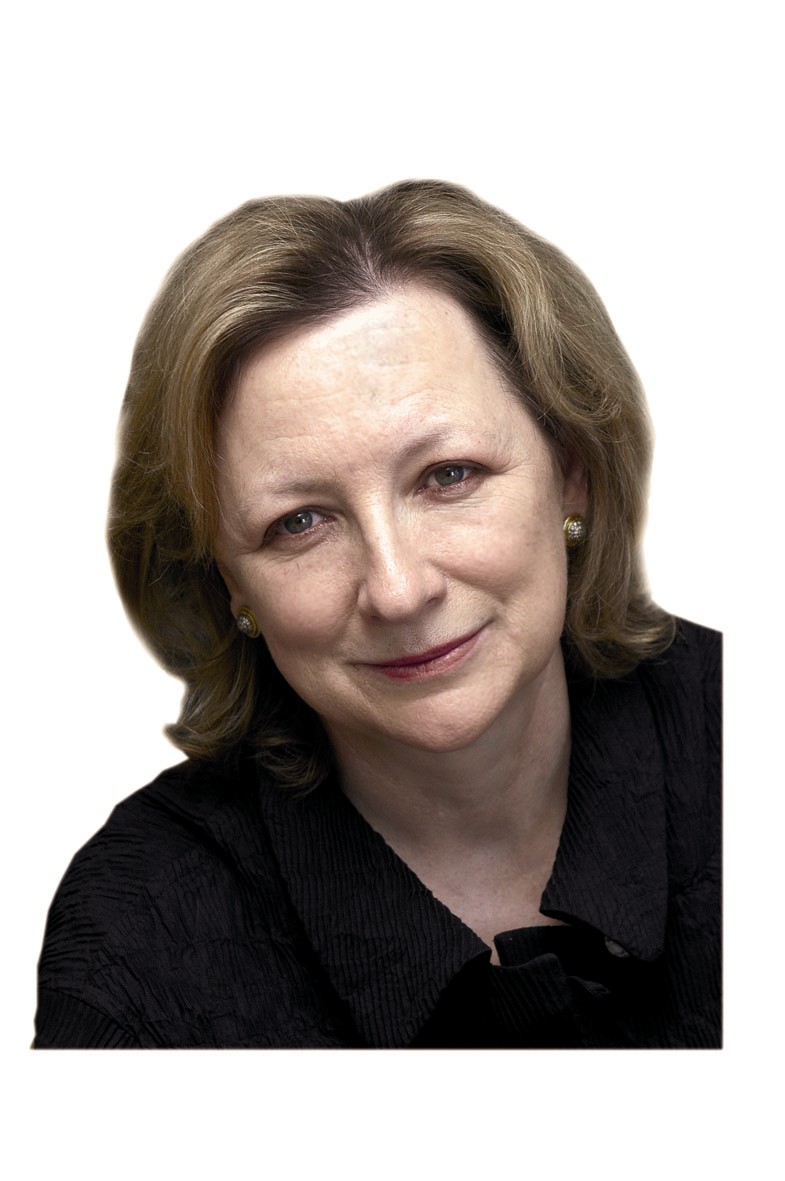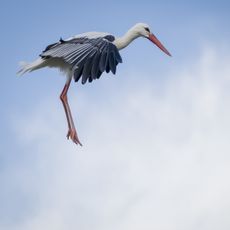Spectator: Married to a botanist
Carla confesses that ever since her honeymoon, she has been competing with her husband's love for botany


Although I was brought up to think that public confession is tacky, I've decided to come out with it: there are three of us in this marriage. Like another marital confession that was unnecessarily public, I discovered my competition on my honeymoon. At the time, I honestly thought there was no contest. In my favour: I could bake an apple pie, knew the Ella Fitzgerald Sings Cole Porter songbook by heart, and could pull ticks off dogs. You're probably wondering how such a clever girl went down the aisle unaware of the faithless heart waiting for her at the altar. In all honesty, he tried to warn me. I just didn't hear. When he told me that we were spending our honeymoon on an island off Sicily, I bought strappy sandals and a fuchsia swimsuit. I packed après-soleil lotion, big sunglasses and a wardrobe inspired by Roman Holiday. Only after I had vowed 'I will' and we were headed for the train at Paddington, did I hear the words 'Isles of Scilly'. Until then, I'd never heard of Tresco, 'a botanist's lovers paradise'.
Despite a week of record rainfall, my husband managed to botanise across the island. On the first day, I loyally trailed behind him, my every step a botanical holocaust as I blindly trod on the barely visible bog pimpernel, crushed the yellow toadflax. On the second day, I stayed behind to read my honeymoon book, The Leopard by Giuseppe di Lampedusa, the melancholy novel set in Sicily in 1860, as Italian unification grows inevitable. 'Some huge irrational disaster is in the making,' observes the prince in the opening pages. Each even-ing, my husband pored over J. E. Lousley's Flora of the Isles of Scilly as I went deeper and deeper into Sicily's arid terrain. But my husband is an honourable man, who saw marriage as the time in life to settle down. No longer would he cross continents to seek out rare fritillaries. Now was the time to create his own wildflower meadows.
Perhaps I grew up in the wrong place. A place where wild meant wild. Where honey-suckle grows in through the windows, wisteria takes off the roof, and a vine called kudzu is like that artist who wraps buildings in shrouds, covering parked cars and houses while their owners are away for the weekend. I wasn't prepared for something called 'wild' to be as labour-intensive and high maintenance as a French mistress.
My husband has spent two decades converting fields into wildflower meadows. This starts with clearing the fields, so that for months, the land looks like a vacant lot in Tel Aviv. Then he plants seeds gathered from Mr King's ancient meadow in Great Ashfield. The word 'wildflower' makes you think you can scatter the seeds around as if you were feeding chickens, but he plants his precious seeds by hand. In the evenings, he goes out to examine the dried earth and, like those slow-motion sequences in David Attenborough films, he watches the seedlings as they sprout. When his horticultural squint detects thistles coming up between the birdsfoot trefoil, he gets the hurt look of a man betrayed.
But like those wives who finally accept the long-time mistress, allowing her to attend significant celebrations and allocating her a pew at the funeral, I've embraced these meadows. On a summer evening, they look like a tapestry conceived in a delirious moment of creation. The names of the flowers are poetry: lesser timothy, wood false brome, adder's tongue fern, enchanter's nightshade. I no longer pine for Sicily, and if I'm asked to identify a diminutive wildflower, I answer with confidence: 'Meadowsweet-fleabane-honeymoon.'
Sign up for the Country Life Newsletter
Exquisite houses, the beauty of Nature, and how to get the most from your life, straight to your inbox.
Country Life is unlike any other magazine: the only glossy weekly on the newsstand and the only magazine that has been guest-edited by HRH The King not once, but twice. It is a celebration of modern rural life and all its diverse joys and pleasures — that was first published in Queen Victoria's Diamond Jubilee year. Our eclectic mixture of witty and informative content — from the most up-to-date property news and commentary and a coveted glimpse inside some of the UK's best houses and gardens, to gardening, the arts and interior design, written by experts in their field — still cannot be found in print or online, anywhere else.
-
 A well-connected rural playground with 23 acres on the edge of the South Downs National Park
A well-connected rural playground with 23 acres on the edge of the South Downs National ParkOld House Farm is an impressive family home with a wealth of amenities that would inspire any rural passion.
By Arabella Youens Published
-
 The UK gets its first ‘European stork village’ — and it's in West Sussex
The UK gets its first ‘European stork village’ — and it's in West SussexAlthough the mortality rate among white storks can be up to 90%, the future looks rosy for breeding pairs in southern England.
By Rosie Paterson Published
